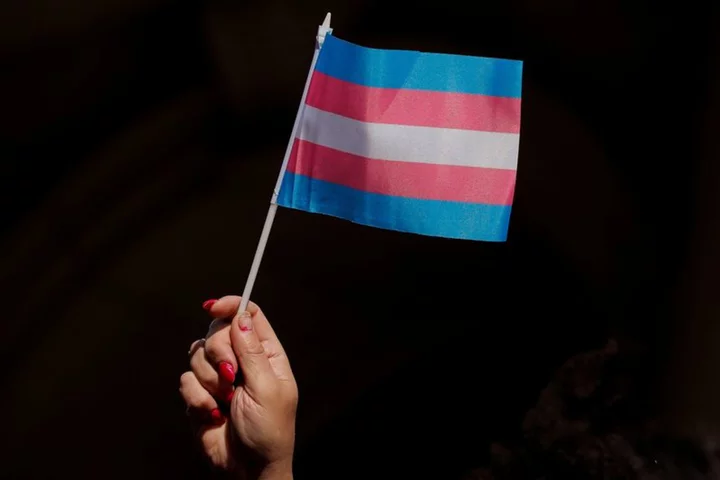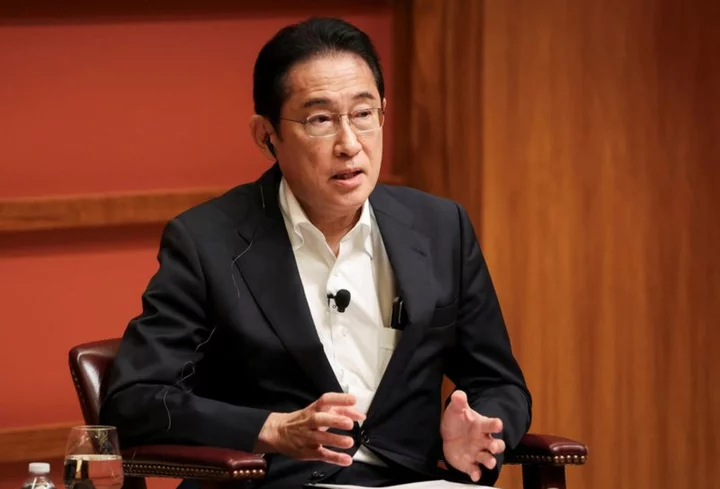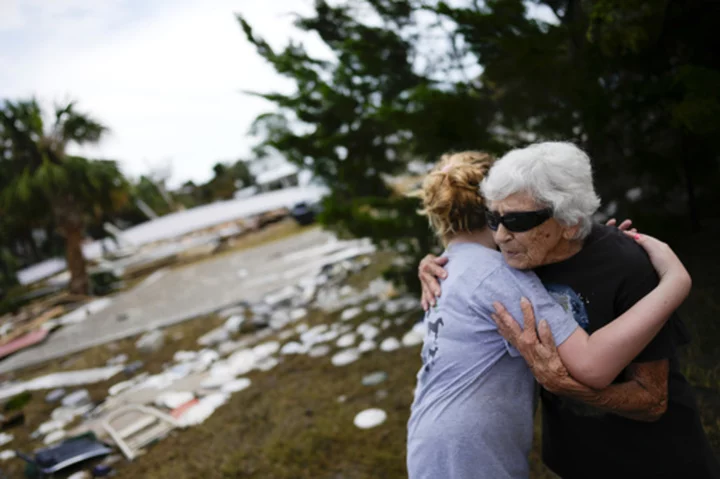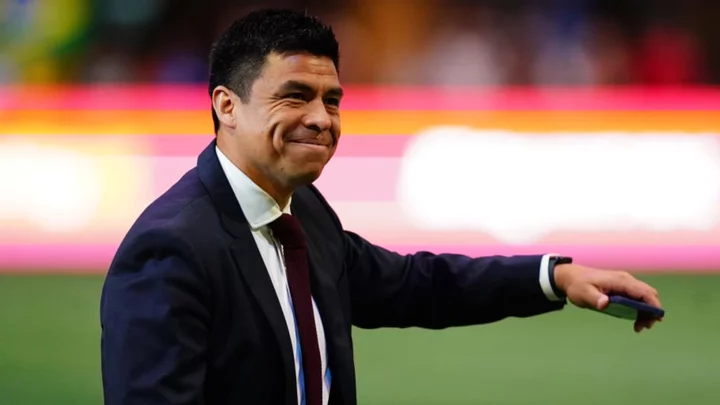By Nate Raymond
A federal appeals court on Thursday refused to allow Idaho to enforce a first-in-the-nation ban on transgender women and girls from participating in female sports leagues, saying the measure likely was unconstitutional.
A 9th U.S. Circuit Court of Appeals panel delivered a victory to LGBTQ rights advocates by upholding an injunction blocking Idaho's Fairness in Women’s Sports Act, the first of many such laws to be enacted by Republican-led states.
"This is an important victory for common sense, equality, and the rights of transgender youth under the law," said Chase Strangio, a lawyer with the American Civil Liberties Union, which pursued the court challenge.
The Idaho measure, which Republican Governor Brad Little signed into law in March 2020, bars transgender women and girls of all ages from participating in female sports teams at public schools in the state, from primary school through college.
Twenty-two other states have adopted similar laws governing sports, most recently in North Carolina, according to the conservative Christian legal group Alliance Defending Freedom, which had argued in favor of reviving Idaho's law.
"When our laws ignore biological reality and allow males to compete in women’s sports, women are harmed and denied athletic opportunities," ADF attorney Christiana Kiefer said in a statement.
U.S. Circuit Judge Kim McLane Wardlaw, an appointee of former Democratic President Bill Clinton, acknowledged those arguments but said a lower-court judge did not abuse his discretion in finding that the categorical ban likely violates transgender students' equal protection rights under the U.S. Constitution's 14th Amendment.
That argument was pursued by the ACLU's client, Lindsay Hecox, a transgender athlete who sought to join the women’s track team at Boise State University.
Wardlaw said the law also discriminates against all Idaho female student athletes on the basis of sex by subjecting only them and not male athletes to the "invasive" sex dispute verification process.
The Biden administration's Department of Education in April proposed a rule change that would prohibit schools from enacting outright bans on transgender athletes from teams that are consistent with their gender identities while offering flexibility on exceptions for the highest levels of competition.
(Reporting by Nate Raymond in Boston; Editing by Alexia Garamfalvi and Matthew Lewis)









